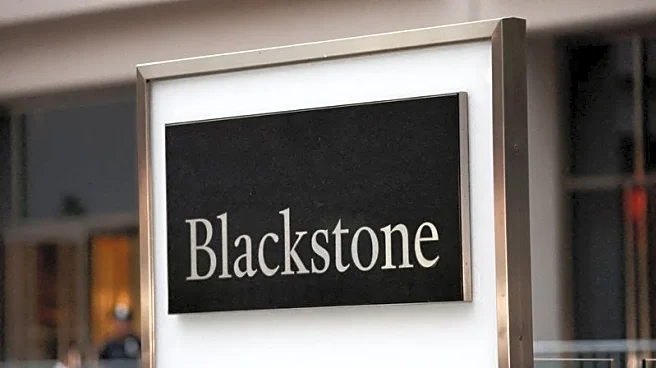What's Happening?
Zillow Group Inc. is appealing a class action lawsuit related to its house-flipping business, which could have significant implications for securities class actions in the Ninth Circuit. The appeal challenges the certification of a stockholder class, arguing that there needs to be a closer connection between alleged misstatements and market selloffs. This case follows a precedent set by the Supreme Court and the Second Circuit, which allows defendants to rebut classwide reliance by demonstrating a mismatch between alleged misstatements and corrective disclosures. The outcome of Zillow's appeal could influence how courts handle class certifications in securities cases, potentially making it more difficult for plaintiffs to prove their claims.
Why It's Important?
The decision in Zillow's appeal could reshape the landscape of securities class actions, particularly in the Ninth Circuit, which is a popular venue for such cases. If the court sides with Zillow, it could set a higher bar for class certification, requiring plaintiffs to demonstrate a stronger link between misstatements and stock price impacts. This could lead to fewer successful class actions, allowing more corporate fraud to go unaddressed. Conversely, if the appeal is unsuccessful, it may maintain the current standards, allowing more shareholder suits to proceed. The ruling could also influence how courts interpret the Goldman Sachs precedent, affecting the strategies of both plaintiffs and defendants in securities litigation.
What's Next?
The Ninth Circuit is set to hear oral arguments in the case, which will determine whether the class certification will be upheld or decertified. Depending on the outcome, there could be a shift in how securities class actions are approached in the Ninth Circuit and potentially beyond. Legal experts and stakeholders in the securities industry are closely watching the case, as it could lead to changes in litigation strategies and impact the ability of investors to seek redress for corporate misrepresentations.
Beyond the Headlines
The case highlights the ongoing debate over the balance between protecting investors and preventing frivolous lawsuits. A decision favoring Zillow could embolden companies to challenge class certifications more aggressively, while a decision against Zillow could reinforce the importance of shareholder rights and corporate accountability. The legal community is divided on the implications, with some arguing that stricter standards could reduce litigation costs and others concerned about the potential for increased corporate misconduct.










